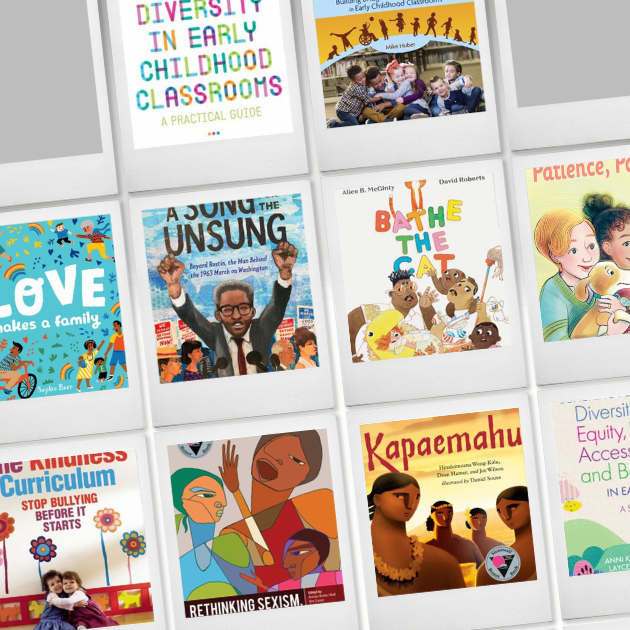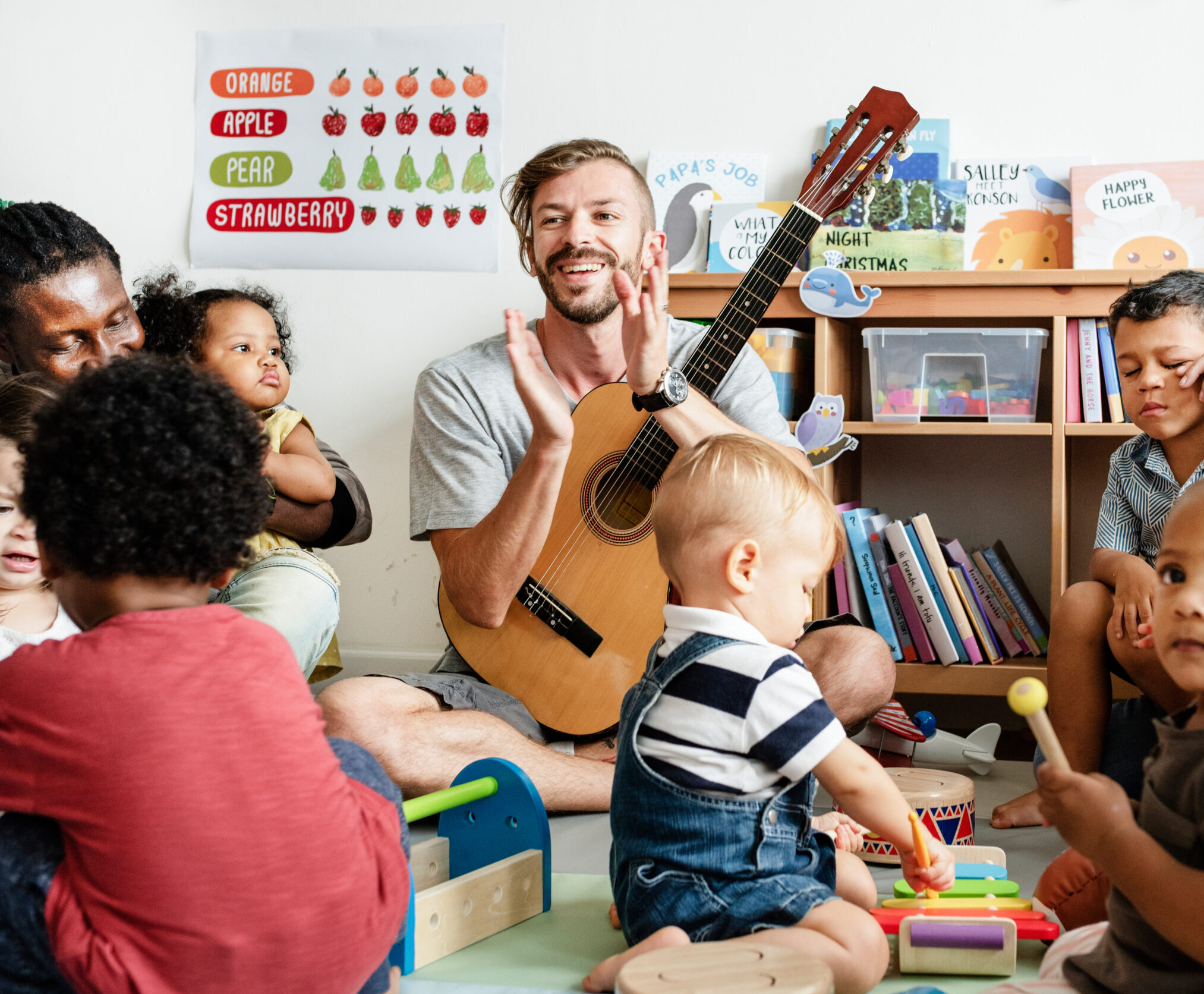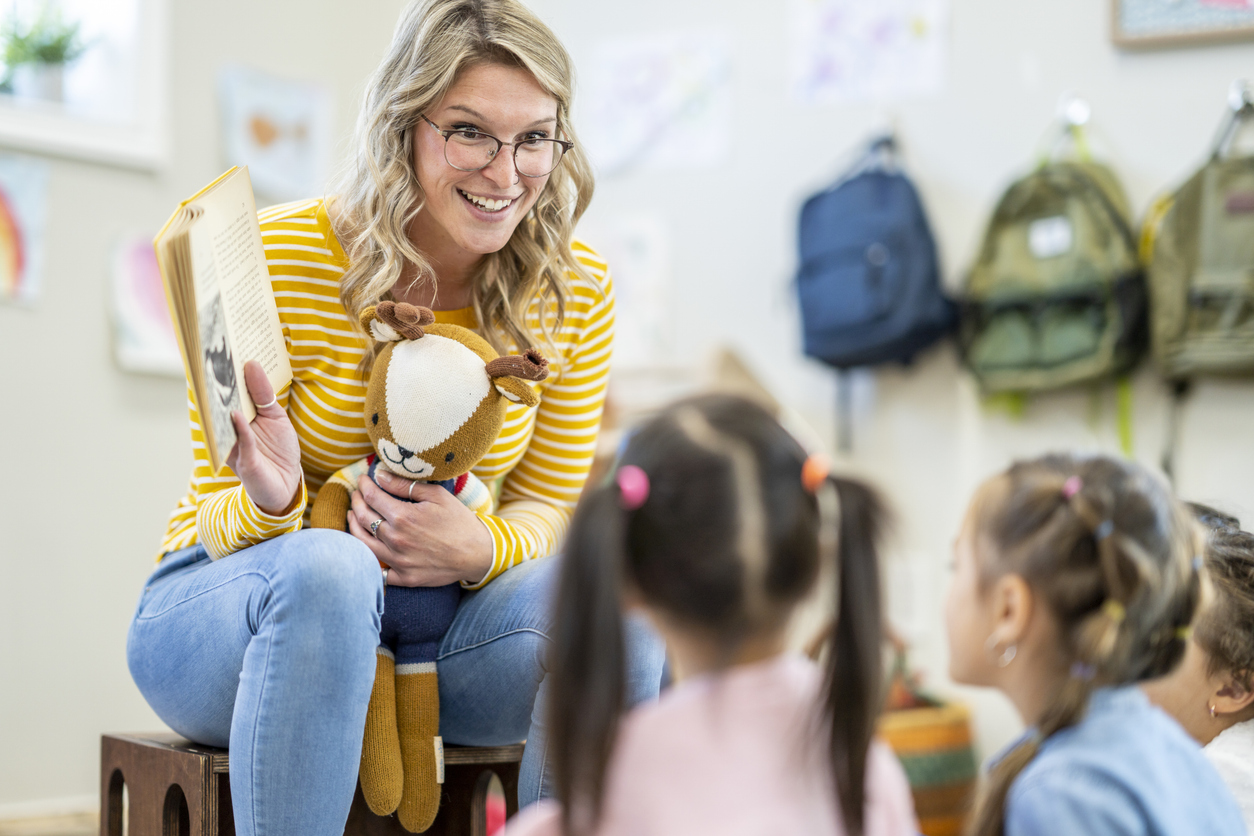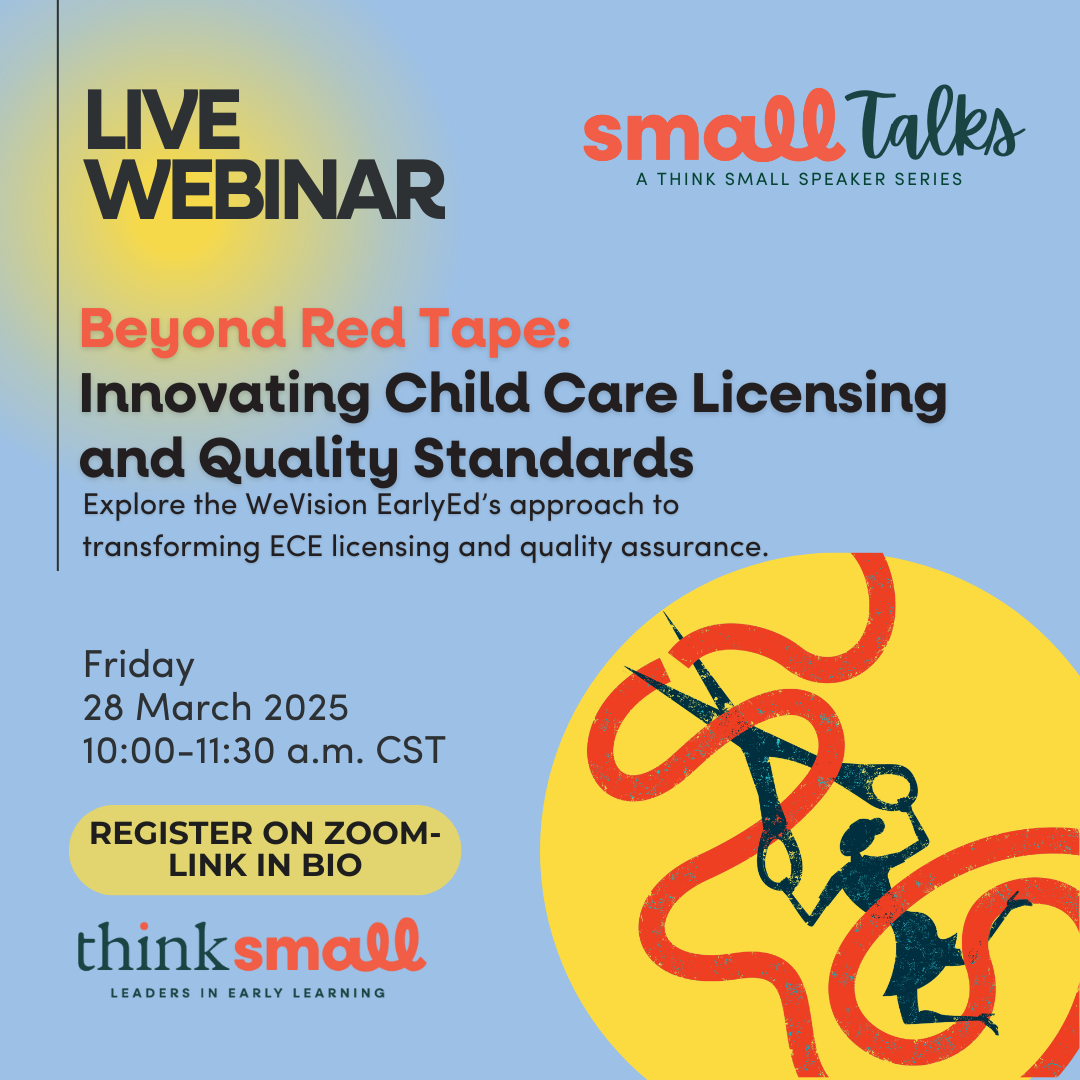Ready to celebrate Pride Month 2024? There’s something for everyone from babies to grownup in this booklist from the Debra Fish Library. Pro-tip: Track the books you & your children are reading. Download the free app The Storygraph, created and owned by Black female tech entrepreneur Nadia Odunayo.All titles are available through the Debra S Fish Early Childhood Resource Library, a branch of the St. Paul Public Library.
Pro-tip: Track the books you & your children are reading. Download the free app The Storygraph, created and owned by Black female tech entrepreneur Nadia Odunayo.All titles are available through the Debra S Fish Early Childhood Resource Library, a branch of the St. Paul Public Library.
Children’s titles
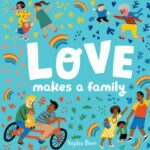 Love Makes a Family (Age Focus: 0 – 3 Years)
Love Makes a Family (Age Focus: 0 – 3 Years)
Love is baking a special cake. Love is lending a helping hand. Love is reading one more book. In this exuberant board book, many different families are shown in happy activity, from an early-morning wake-up to a kiss before bed. Whether a child has two moms, two dads, one parent, or one of each, this simple preschool read-aloud demonstrates that what’s most important in each family’s life is the love the family members share.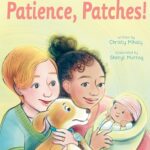 Patience, Patches (Age Foucus: 2 – 5 Years)Patches the puppy is very good at waiting–or at least that’s what he thinks. But his patience is put to the test when his two moms arrive home with an unexpected bundle. Is it a new toy? No! It’s a new baby. Suddenly, everything Patches wants to do takes a little bit longer. But patience, it turns out, is a lesson worth learning.
Patience, Patches (Age Foucus: 2 – 5 Years)Patches the puppy is very good at waiting–or at least that’s what he thinks. But his patience is put to the test when his two moms arrive home with an unexpected bundle. Is it a new toy? No! It’s a new baby. Suddenly, everything Patches wants to do takes a little bit longer. But patience, it turns out, is a lesson worth learning.
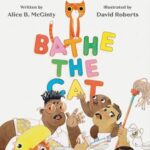 Bathe the Cat (Age Focus: 3 – 5 Years)
Bathe the Cat (Age Focus: 3 – 5 Years)
Clean-up time turns topsy-turvy when an interracial family’s mischievous cat jumbles up their to-do list in this sure-footed picture book. With a visit from Grandma impending, the story opens with one of two brown-skinned fathers delegating tasks: “Dad will mow the lawn,/ and Sarah, sweep the mat./ Bobby, rock the baby,// and I’ll bathe the cat.” The tasks are spelled out in magnetic letters on the fridge, just above a child’s hand-drawn family portrait. Averse to a bath, the family pet slyly modifies the list–a colorful spread shows two orange paws scrambling up the words, resulting in something much sillier: “sweep the dishes,” “rock the rug,” and “scrub the fish.” Equally unhappy with the adjusted words’ next variation (“mow the cat”), the feline’s hijinks continue until one dad takes charge, and the fathers and three children, all with various skin tones, get organized just in time for Grandma’s arrival. (Reviewed by Publisher’s Weekly)
Kapaemahu (Age Focus: 5 – 12 Years)
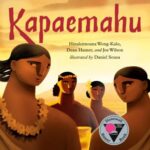 Long ago, four mahu (spirits) traveled from Tahiti to Waikiki, Hawaii. Neither male nor female, they were “a mixture of both in mind, heart, and spirit.” Each had a specific “skill in the science of healing.” Their leader, Kapaemahu, “healed by laying on hands.” Kapuni “possessed great spiritual power.” Kinohi could look inside a person and see what was ailing them. Kahaloa had the gift of distance healing. The mahu shared their wisdom with the islanders, who, in turn, erected a monument in their honor; four enormous boulders were moved down a mountain and placed together on the beach. The mahu ceremonially transferred their powers to the rocks then vanished. For centuries the stones remained on Waikiki Beach; times changed, and eventually the monument lay forgotten under the city. It has since been recovered, but its history and meaning continue to be erased. (Reviewed by Kirkus Reviews)
Long ago, four mahu (spirits) traveled from Tahiti to Waikiki, Hawaii. Neither male nor female, they were “a mixture of both in mind, heart, and spirit.” Each had a specific “skill in the science of healing.” Their leader, Kapaemahu, “healed by laying on hands.” Kapuni “possessed great spiritual power.” Kinohi could look inside a person and see what was ailing them. Kahaloa had the gift of distance healing. The mahu shared their wisdom with the islanders, who, in turn, erected a monument in their honor; four enormous boulders were moved down a mountain and placed together on the beach. The mahu ceremonially transferred their powers to the rocks then vanished. For centuries the stones remained on Waikiki Beach; times changed, and eventually the monument lay forgotten under the city. It has since been recovered, but its history and meaning continue to be erased. (Reviewed by Kirkus Reviews) A Song for the Unsung (Age Focus: 7 – 10 Years)Every movement has its unsung heroes: individuals who work in the background without praise or accolades, who toil and struggle without notice. One of those unsung heroes was at the center of some of the most important decisions and events of the Civil Rights Movement. That hero was a quiet man, a gay African American man. He was Bayard Rustin. (Reviewed by New York Public Library)
A Song for the Unsung (Age Focus: 7 – 10 Years)Every movement has its unsung heroes: individuals who work in the background without praise or accolades, who toil and struggle without notice. One of those unsung heroes was at the center of some of the most important decisions and events of the Civil Rights Movement. That hero was a quiet man, a gay African American man. He was Bayard Rustin. (Reviewed by New York Public Library)
Adult’s titles
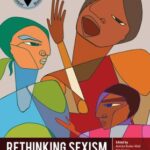 Rethinking Sexism, Gender, and Sexuality
Rethinking Sexism, Gender, and Sexuality
How do you respond when a child asks, “Can a girl turn into a boy?” What if your daughter brings home school books with sexist, racist stories? What does “queering the curriculum” look like? What’s wrong with “anti-bullying” policies? What are alternatives? Rethinking Sexism, Gender, and Sexuality is a collection of inspiring stories about how to integrate feminist and LGBTQ content into curriculum, make it part of a vision for social justice, and create classrooms and schools that nurture all children and their families.
Coaching for Diversity, Equity, Inclusion, Accessibility, and Belonging in Early Childhood: a Step-by-Step Guide for Programs and Schools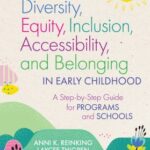
Expertly converting theory into concrete action steps, this book is a reader‐friendly, step‐by‐step guide to launching transformative DEIAB work–or expanding the work your program or school is already doing. You’ll discover how to coach early childhood educators in creating an equity‐focused classroom culture , providing them with guidance on instructional delivery, curriculum content, and teaching materials. You’ll learn how to advance multicultural education by implementing big‐picture changes to program policies, hiring practices, and marketing materials. Throughout the book, an illuminating case study traces the progress and setbacks of a sample program as they use an equity‐based lens to enhance their learning environments and teaching practices.
Inclusion Includes Us: Building Bridges and Removing Barriers in Early Childhood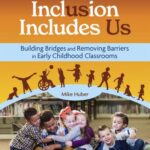
Inclusion Includes Us seeks to replace barriers between early childhood educators and their students with an understanding that every person in the classroom has a unique combination of needs and helping children and educators recognize the needs of others. This book will help early childhood educators reflect on how you view yourself and others in terms of both culture and abilities and offers concrete ideas for how to connect with children of all cultures and abilities and create a sense of belonging for all.
Supporting Gender Diversity in Early Childhood Classrooms: A Practical Guide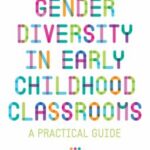
By offering practical steps for adults who work with young children to build inclusive and intentional spaces where all children receive positive messages about their unique gender selves, this book increases awareness about gender diversity in learning environments such as child care centres, family child care homes and preschools. The book is based on some of the most progressive, modern understandings of gender and intersectionality, as well as research on child development, gender health, trauma informed practices and the science of adult learning. By including the voices and lived experiences of gender-expansive children, transgender adults, early childhood educators and parents and family members of trans and gender-expansive children, it contextualizes what it means to rethink early learning programs with a commitment to gender justice and gender equality for all children.
The Kindness Curriculum: Stop Bullying Before It Starts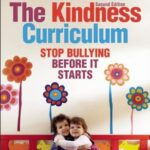
Help preschoolers develop compassion for others with this collection of classroom and at-home activities. These simple but powerful lessons help children practice loving values as they contribute to a supportive learning environment–a place where all children seek out the goodness in themselves and others. By Jennie Walker Knoot
